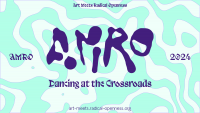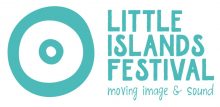 The Festival that connects the Aegean landscape and nature with Audiovisual Arts, Little Islands Festival (LIF) is addressing an open call towards all artistic communities experimenting with hybrid artistic practices at the boundaries of the performing and digital arts.
The Festival that connects the Aegean landscape and nature with Audiovisual Arts, Little Islands Festival (LIF) is addressing an open call towards all artistic communities experimenting with hybrid artistic practices at the boundaries of the performing and digital arts.
Can a small island be a source of inspiration for modern thought?
The 5th Little Islands Festival invites artists from the field of new media to submit proposals that engage with ecology, anthropology, and science in the enduring dialogue about the relationship between humanity and nature. The island frontier, which like life itself emerges from the liquid element, becomes the principal space for exploring modern contradictions of human geography through art.
In the Cyclades, Nature’s symbols and archetypal patterns -from habitation and cultivation to the need for connection with the sacred, indicated the human imprint on space. Natural constraints imposed by climate and geomorphology led human creativity to capture the “unpretentious”, the “primary” and the “essential” as a claim to the ”necessary”, composing a landscape that mirrors the islanders’ culture, history and values.
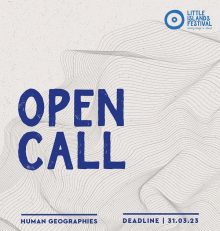
In this traditional rural landscape, which seems like it has remained unchanged, contemporary socio-cultural and economic transformations are reflected today. Hyper Tourism, climate change and globalization, as imprinted on space, emphasize the interdependencies between rural-urban and local-global. Yet, at the same time that they tend to erase legacies of the past, they contribute to their re-emergence.
With the power of art and technology, Little Islands Festival explores these interdependencies to rethink life, work, and cohabitation. The cycle of nature becomes the field of understanding and emergence of an imaginary that connects sense, mind, and knowledge and articulates what seems to be missing: an ecology as a common practice and under common control, multicultural, diverse and transcendent of the “human” world we live in.
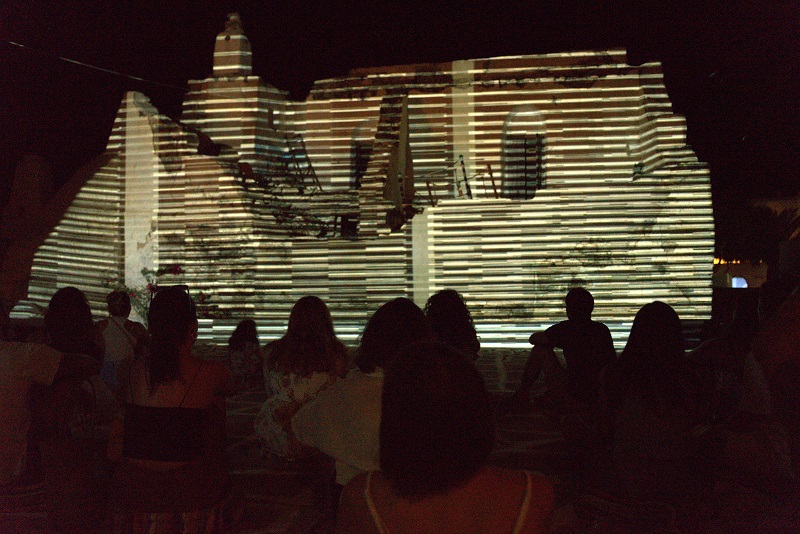
Indicative fields of research
- Site specific projects that explore cultural heritage in relation to the natural environment of Sikinos and the Cyclades in general: windmills, threshing floors, rural dwellings, dry stone walls, terraces, sacred and archaeological sites.
- Works inspired by traditions, rituals, myths, customs in conversation with nature.
- Works that explore movements and directions such as: Environmental Sociology, Eco-anarchism, Ecofeminism, Eco-communalism, Deep Ecology.
- Artistic practices with an emphasis on participation.
- Artistic workshops for children and adults on environmental awareness.
Included in the open call is the LIF Residency and Research Program 2023 where participants will be hosted in Sikinos island to create works inspired by the natural and cultural landscape of the island.
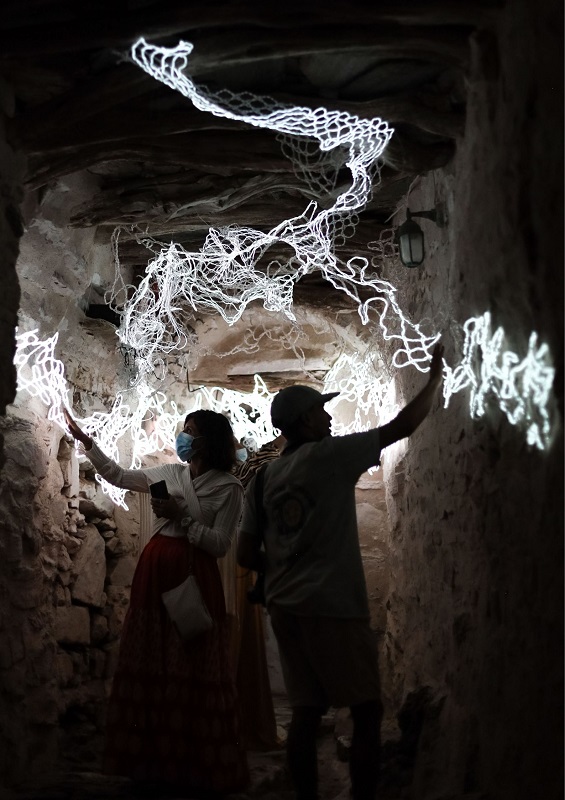 Proposal Categories
Proposal Categories
AudioVisual Performance – Silent Film & Live Soundscapes – Sound Art – music – Installation – Virtual Reality – Augmented Reality – 3D Projection Mapping -Site Specific Art – Workshops, Residency.
For more information and the application form: https://littleislandsfest.com/open-call-2023/
Connect with us on Instagram and Facebook for daily updates and sign up for our newsletter for year-round news on LIF.
#ecology #nature #environment #NewMediaArt #ART #digitalart #immersive #artist # sustainability # festival #cosmos #local #cyclades #sikinos #LIF # HumanGeographies


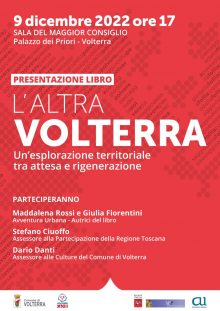
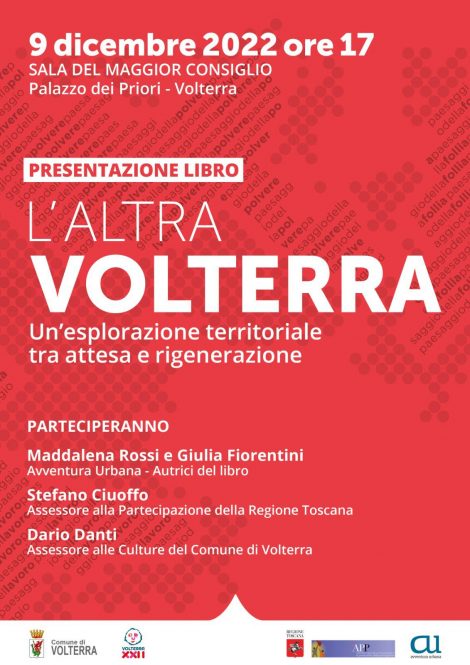
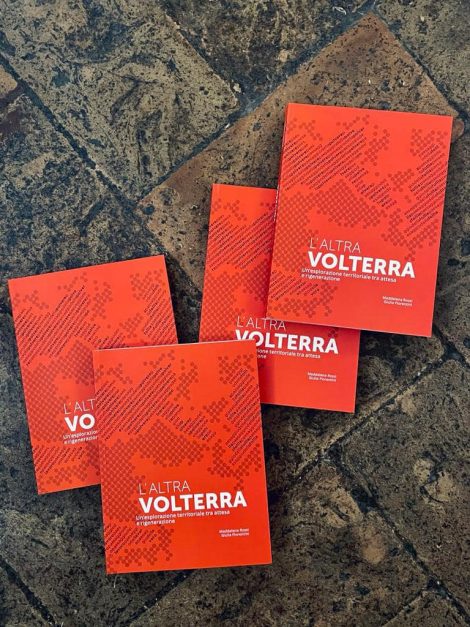 The book, written by the professionals of Avventura Urbana srl, company that took care of the participatory process, according to the Mayor and the Councilor “represents a reference for the reconstruction of the collective history of Volterra and its territory” thanks to the restitution “analysis, lived stories, collective memory, suggestions, emotions and possible projects of human-urban regeneration: giving meaning to Volterra visible through the invisible Volterra”.
The book, written by the professionals of Avventura Urbana srl, company that took care of the participatory process, according to the Mayor and the Councilor “represents a reference for the reconstruction of the collective history of Volterra and its territory” thanks to the restitution “analysis, lived stories, collective memory, suggestions, emotions and possible projects of human-urban regeneration: giving meaning to Volterra visible through the invisible Volterra”.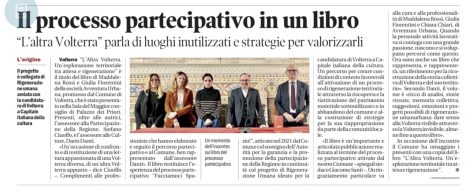
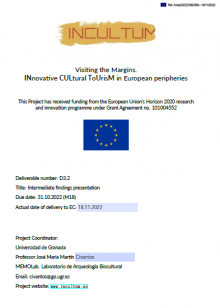
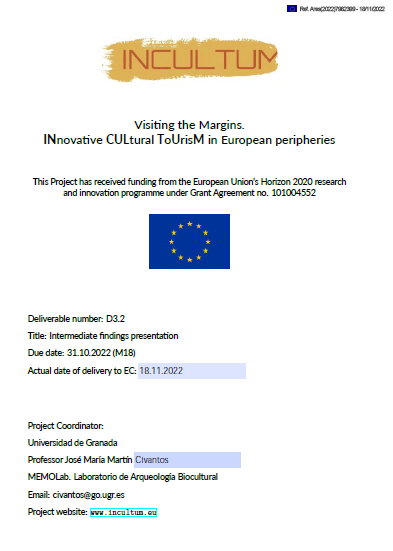 It is now available in the project’s website the recently released D3.2 Intermediate findings presentation for Data Analysis, an extensive document which provides apreliminary results of data analysis focused on the
It is now available in the project’s website the recently released D3.2 Intermediate findings presentation for Data Analysis, an extensive document which provides apreliminary results of data analysis focused on the 




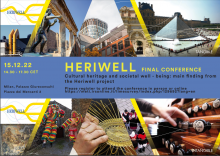
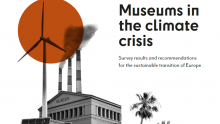
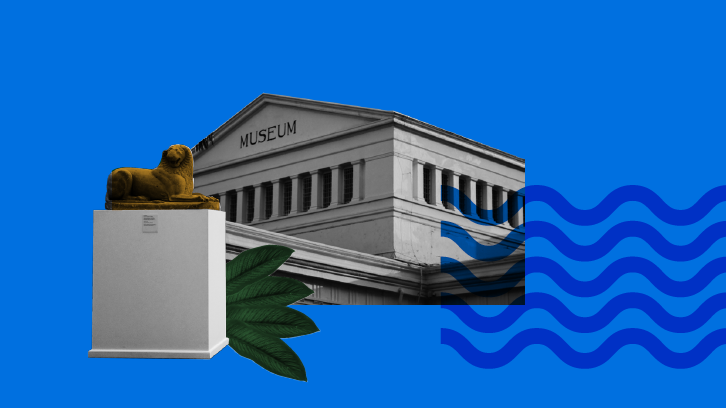
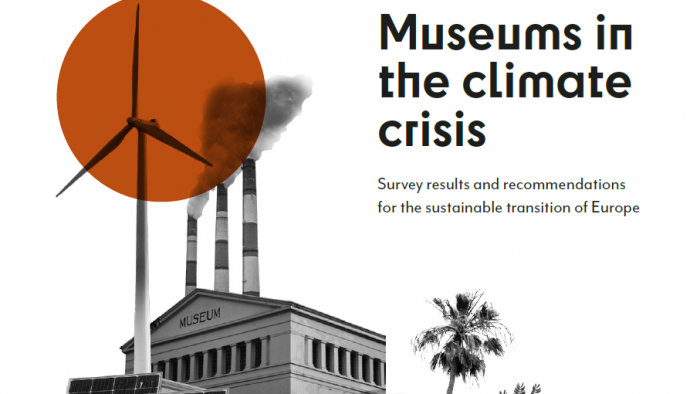
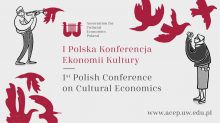
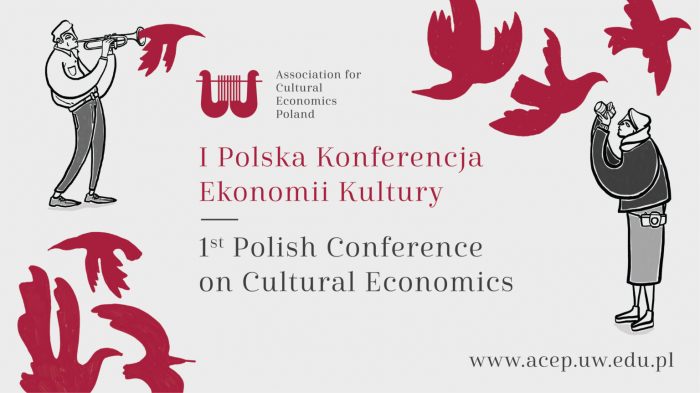 The 1st Polish Conference on Cultural Economics was a relevant event on November 24, that constituted an opportunity for meeting cultural researchers, exchange ideas and present ongoing projects, also to enable future collaboration of researchers of various affiliations.
The 1st Polish Conference on Cultural Economics was a relevant event on November 24, that constituted an opportunity for meeting cultural researchers, exchange ideas and present ongoing projects, also to enable future collaboration of researchers of various affiliations.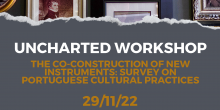
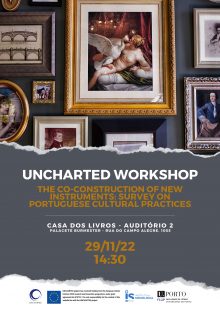
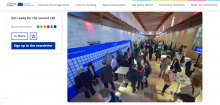
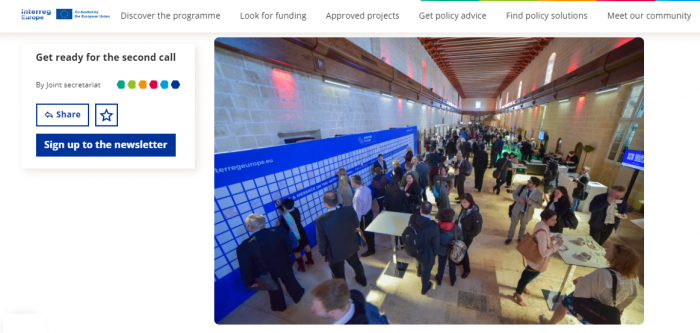
 If you have interesting news and events to point out in the field of digital cultural heritage, we are waiting for your contribution.
If you have interesting news and events to point out in the field of digital cultural heritage, we are waiting for your contribution.














